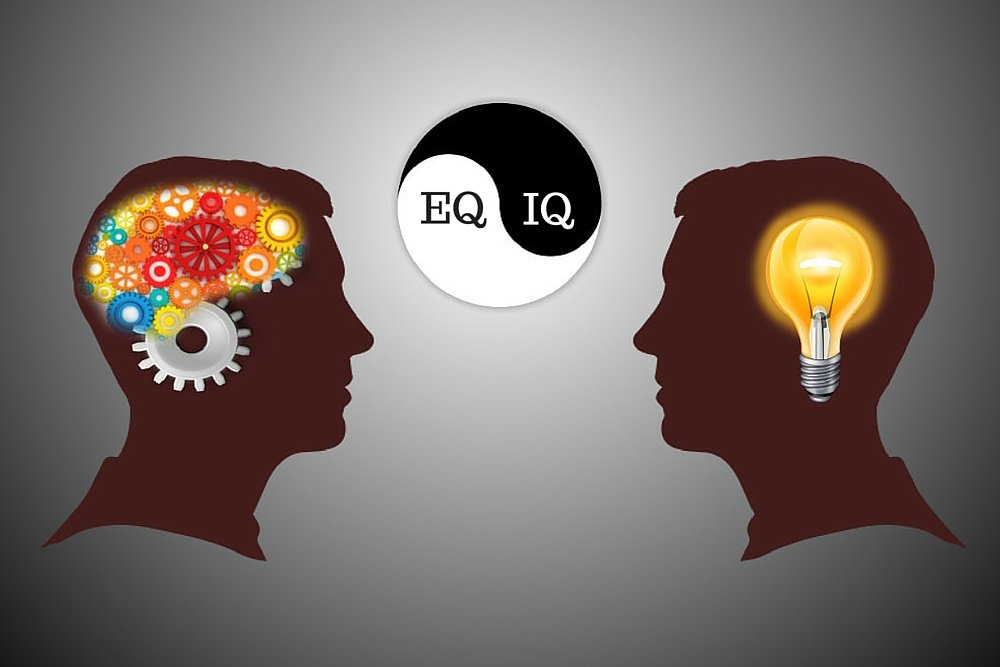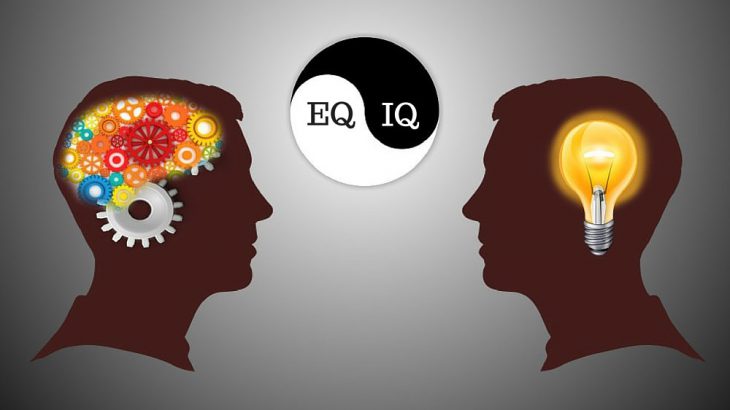Learning to recognise and understand your feelings and EQ 学会识别和理解你的情感和情商
Emotional intelligence (EQ) is one of the seven attributes in ACCA’s recently developed model showing the skills and qualities needed from the successful professional accountant. Emotionally intelligent accountants find it easier to form and maintain good working relationships, but what exactly does EQ mean and how do you go about developing it? 情商(EQ)是ACCA最近开发的模型中的七个属性之一,该模型显示了成功的专业会计师所需的技能和素质。情商高的会计师更容易建立并保持良好的工作关系,但情商到底意味着什么,你又该如何发展它呢?
According to psychologist Daniel Goleman, EQ comprises: 心理学家丹尼尔·戈尔曼认为,情商包括:
- the ability to understand your own emotions and how they impact others (self-awareness) 理解自己情绪及其对他人影响的能力(自我意识)
- the ability to control your emotions and impulses (self-regulation) 控制情绪和冲动的能力(自我调节)
- internal drive to improve and achieve (motivation) 改进和实现的内在动力(动机)
- giving consideration to the feelings of others (empathy) 体谅他人的感受(同理心)
- the ability to influence relationships (social skill). 影响人际关系的能力(社交技能)。
You can develop or improve your EQ. To do this, you must start with improving your self-awareness. Assess accurately what you feel in certain situations, why these feelings have occurred, how the feelings affect your thoughts and actions and what effect your behaviour has on other people. 你可以发展或提高你的情商。要做到这一点,你必须从提高自我意识开始。准确地评估你在某些情况下的感受,为什么会有这些感受,这些感受如何影响你的思想和行为,以及你的行为对他人有什么影响。
For example, think about how you react in stressful situations. Do you take a tight deadline in your stride, or do you get anxious and panic? When your manager criticises something you have done, do you calmly get to the bottom of the problem and correct it, or do you get upset or angry? Do you perhaps blame others even when it is not their fault? On the whole, do you cope well under pressure or do you always magnify the negative aspects of problematic situations? 例如,想想你在压力下的反应。你会从容应对紧迫的最后期限,还是会感到焦虑和恐慌?当你的经理批评你所做的事情时,你是冷静地找出问题的根源并加以改正,还是感到不安或生气?即使不是别人的错,你也会责怪他们吗?总的来说,你在压力下处理得好吗?还是你总是放大问题情况的负面影响?
You may find such self-analysis of your emotions difficult as it is likely to expose some weaknesses, but it’s important that you are honest with yourself. Only then will you be able to address and remedy any problem areas and learn to keep your emotions under control. 你可能会发现这种对自己情绪的自我分析很困难,因为它可能会暴露出一些弱点,但重要的是你要对自己诚实。只有这样,你才能处理和解决任何问题,学会控制自己的情绪。
But what if you do this self-evaluation and come up with a long list of strengths and very few weaknesses to speak of? 但是,如果你做了自我评估,列出了一长串的优点,却没有什么缺点呢?
It is possible that you are quite a unique individual, but it’s more likely that you find it hard to accurately recognise your emotions and to understand why you are feeling them. Get into a habit of seeking regular and honest feedback from those around you. This may help trigger your awareness about what is really going on in your mind and how you come across in your interactions with colleagues and managers. 你可能是一个非常独特的个体,但更有可能的是,你发现很难准确地识别你的情绪,也很难理解你为什么会有这种感觉。养成定期向周围人寻求诚实反馈的习惯。这可能有助于让你意识到自己的真实想法,以及你在与同事和经理的互动中给人的印象。
In time, you will gain confidence, learn to trust your intuition, and will not have to rely on others for evaluation of yourself. 随着时间的推移,你会获得信心,学会相信自己的直觉,而不会依赖别人来评价自己。


